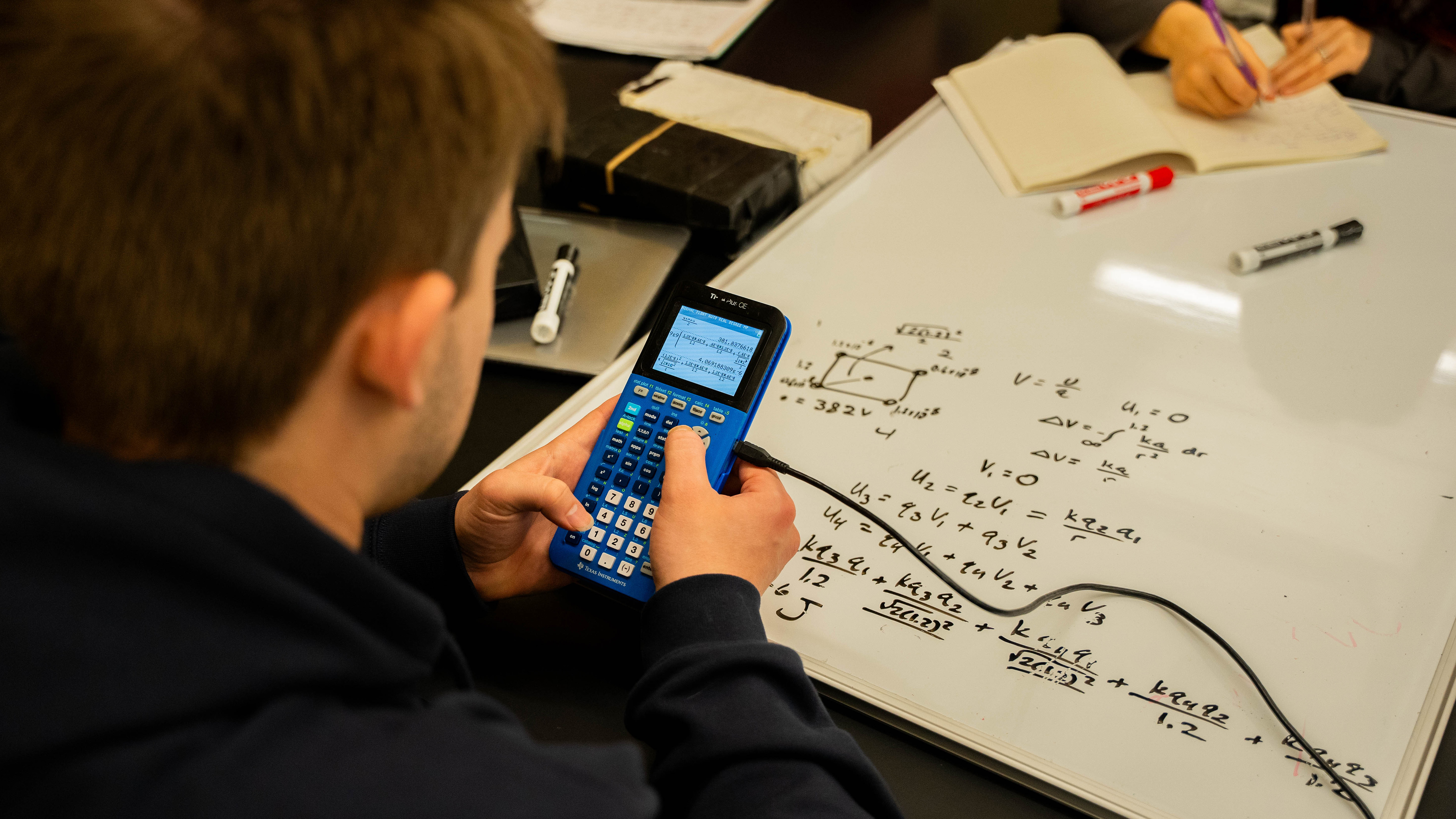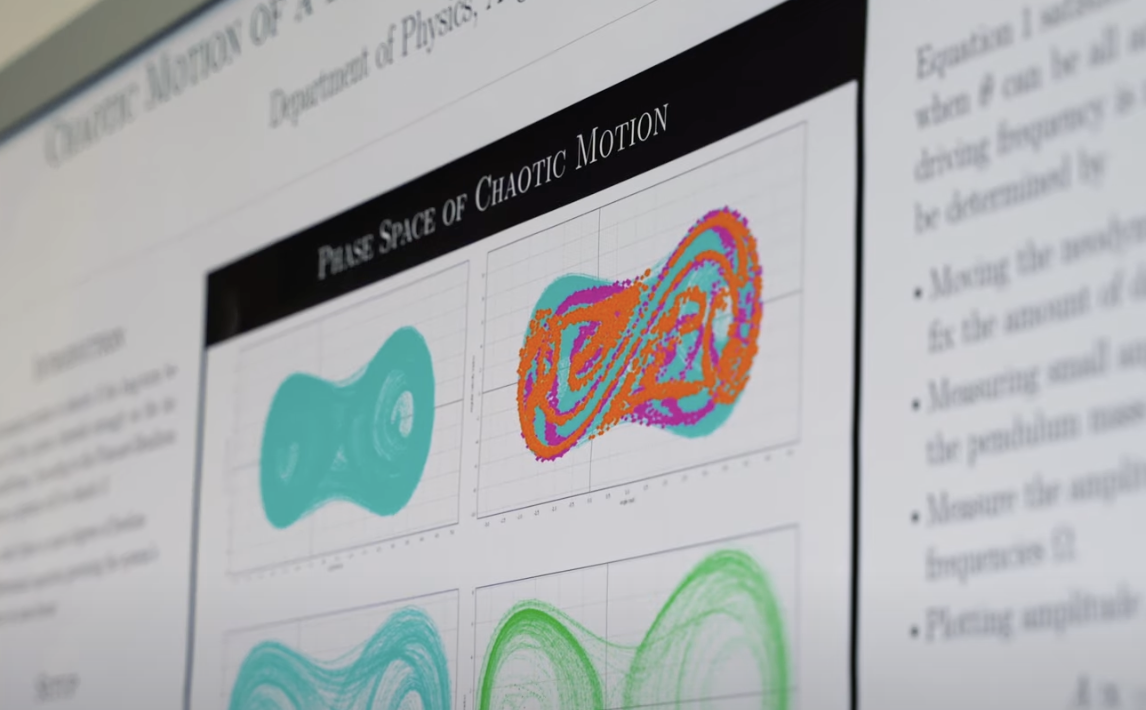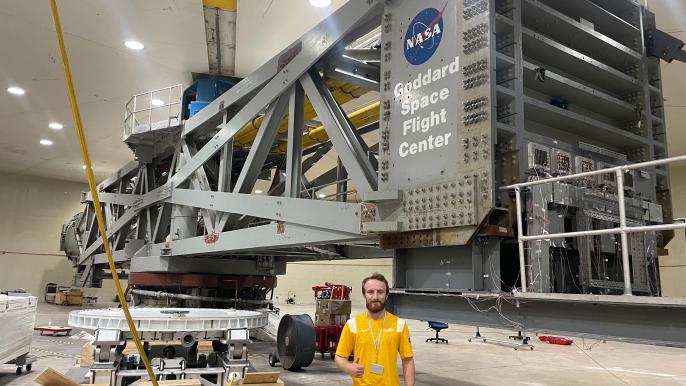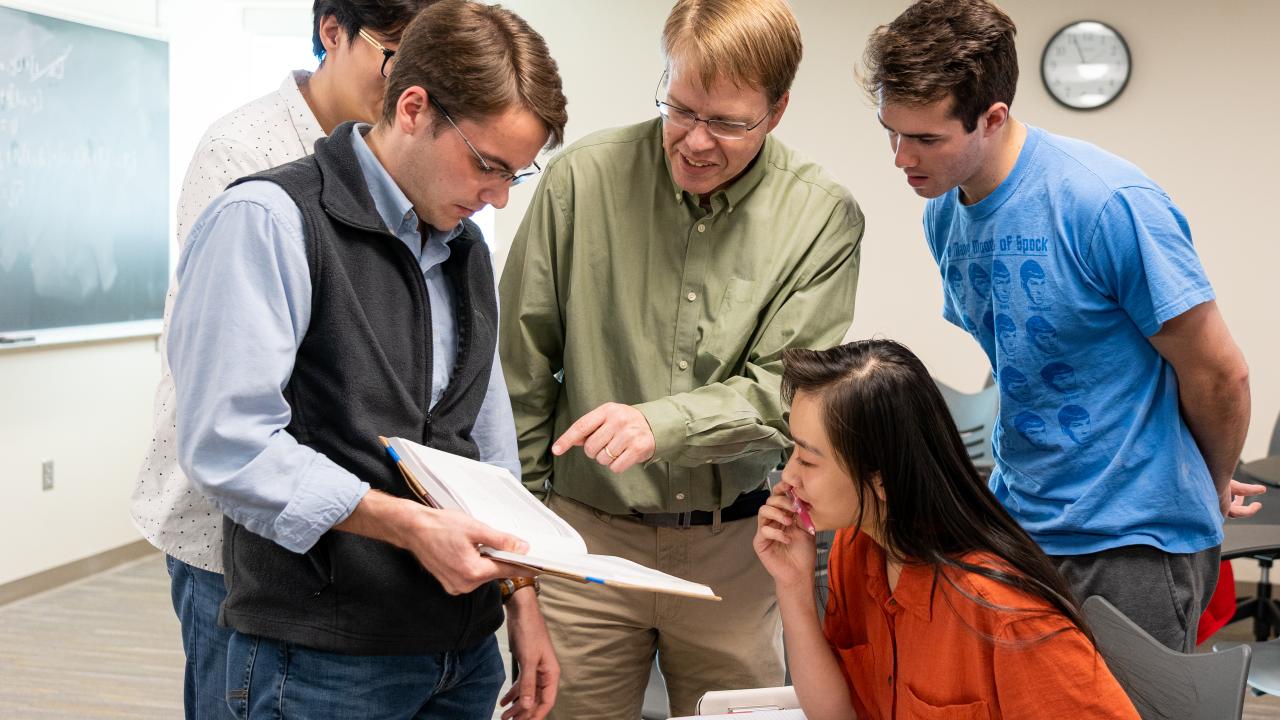75F, AT&T, Atomic Data, Avera Health, BASF, Boeing, Boston Scientific, Braun Intertec, CACI, Central Square Technologies, Coherent, Collins Aerospace, Contango Oil & Gass, Davis Wright Tremaine LLP, Express Scripts, Festo, Fiserv, GEA Group, General Dynamics, General Electric, GeoTek Engineering and Testing Services, Graco, Harley-Davidson, Hewlett-Packard, Honeywell, IBM, INVISR, IP Design Group, Johnson Controls, Johnson & Johnson, JS Sullivan Development, Kidney Specialists of Minnesota, KPMG, Link Manufacturing, Lockheed Martin, Mayo Clinic, Minnesota Department of Transportation, Motorola, National Solar Observatory, Northrop Grumman, North Dakota Department of Transportation, NimbeLink, Opsis Health, Oracle, Pacific Northwest National Laboratory, Pfizer, Prismatic, Raven Industries, Realtime Robotics, Rockwell, Rotary Systems, SAb Biotherapeutics, Sanford Health, Schlumberger, Seagate, Siemens, Sioux Falls School District, SONIFI Health, South Dakota Investment Council, Stony Brook University Hospital Cancer Center, Trane, Ulteig, US Army, US Navy, Weta Digital, WHKS, Xeal, Xerox





